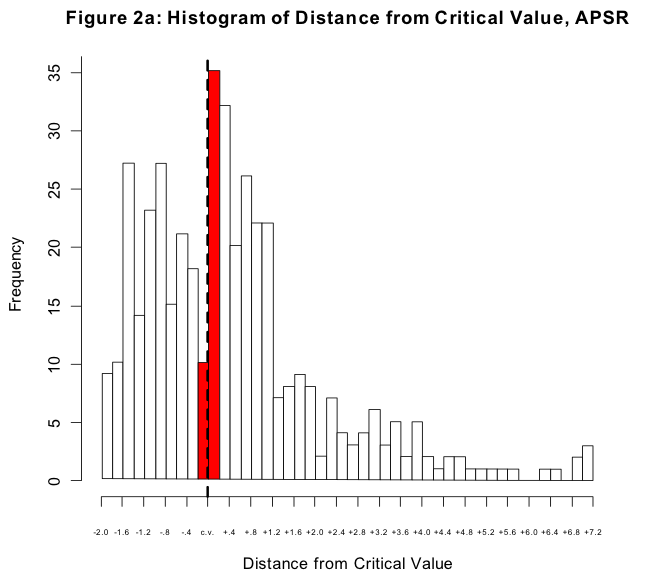Which is what he wanted
The Times hasn’t come yet this morning, so I read the Crimson (which I’ve done more this week than in the previous four years). For once the ed page had something insightful and intelligent.
I think the Baptized Pagan was right. Benedict was up to something here, and although he may have not considered the implications of his words, he’s highlighted a problem at the heart of another religion.
As a letter to the Times put it earlier this week,
“Media coverage of Pope Benedict XVI’s speech has underreported two facts: The Roman Catholic Church openly opposed the American-led war in Iraq, and the church has generally opposed the Israeli presence in the occupied territories.
Muslim leaders, take note: On the two most inflammatory issues in the world today, the Catholic Church is on your side. “
Technorati Tags: benedict xvi, catholic, politics, queer, religion


 Ecto blogging software
Ecto blogging software